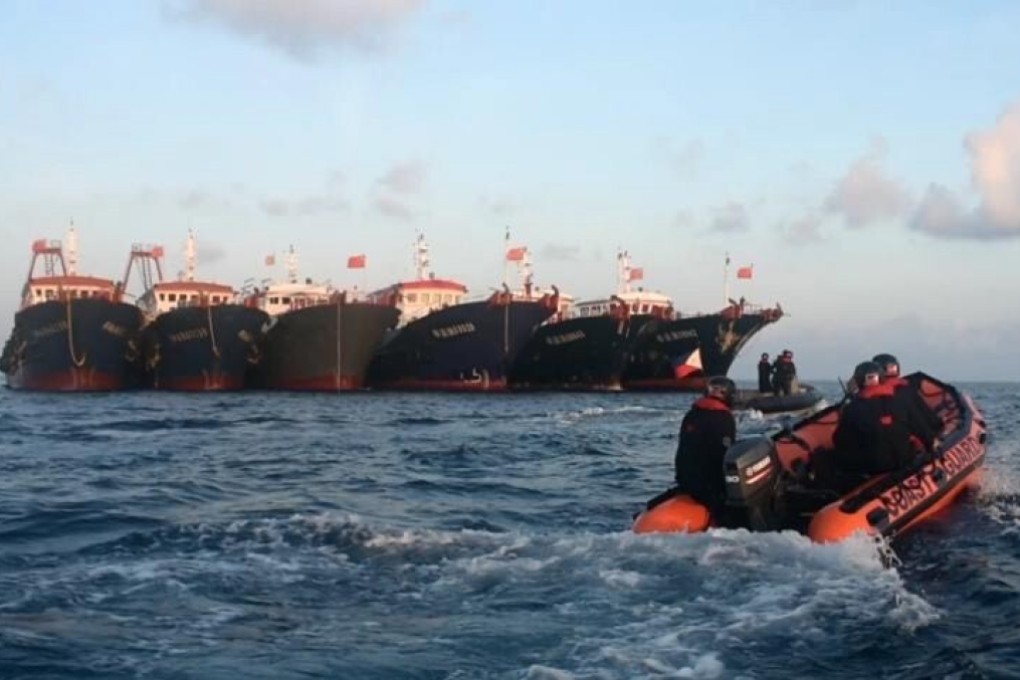South China Sea code of conduct talks ‘may end in stalemate’ as tensions rise
- Beijing is pushing to get negotiations wrapped up in what some see as a bid to block the United States from getting involved in disputes in the waterway
- But unease over China’s assertiveness has made rival claimants ‘less willing’ and situation may be complicated by US military activity, observer says

Beijing’s push to get the code of conduct agreed to, repeatedly calling for the process to be sped up, is seen by some as an effort to block the United States from getting involved in disputes over the resource-rich waters, most of which China claims as its own.
But wariness over China’s growing assertiveness in the region has also made rival claimants like Vietnam, the Philippines and Malaysia “less willing” to push forward negotiations, according to Wu Shicun, president of the National Institute for South China Sea Studies, a think tank in Hainan.
“The rise in China’s hard power in the South China Sea has not led to a parallel rise in soft power,” Wu said during a conference in Shanghai last week. “Also there is still this unease and hostility from littoral countries towards China’s rise, so they’re still apprehensive about whether China is seeking regional rule-making dominance through the code of conduct negotiations.”
America’s increased military activity in the South China Sea could also complicate talks on the code of conduct, he said.